Certifications
We hold a broad range of certifications that guarantee quality, food safety, and sustainability across every aspect of our operations. With standards including BRCGS, GlobalG.A.P., ASC, Debio, and Kosher - as well as approvals from the FDA and the Norwegian Food Safety Authority (Mattilsynet) - we proudly demonstrate our commitment to trusted and responsible seafood production.

ASC
The ASC (Aquaculture Stewardship Council) standard is a globally recognized certification for responsible aquaculture. It ensures that farmed seafood is produced with minimal environmental impact, respect for biodiversity, and fair treatment of workers and communities. The standard covers water quality, feed sustainability, disease management, and social responsibility. ASC-certified farms are audited independently and must meet strict criteria for transparency and continuous improvement. The label helps consumers and buyers identify seafood that supports sustainable, ethical, and traceable aquaculture practices.
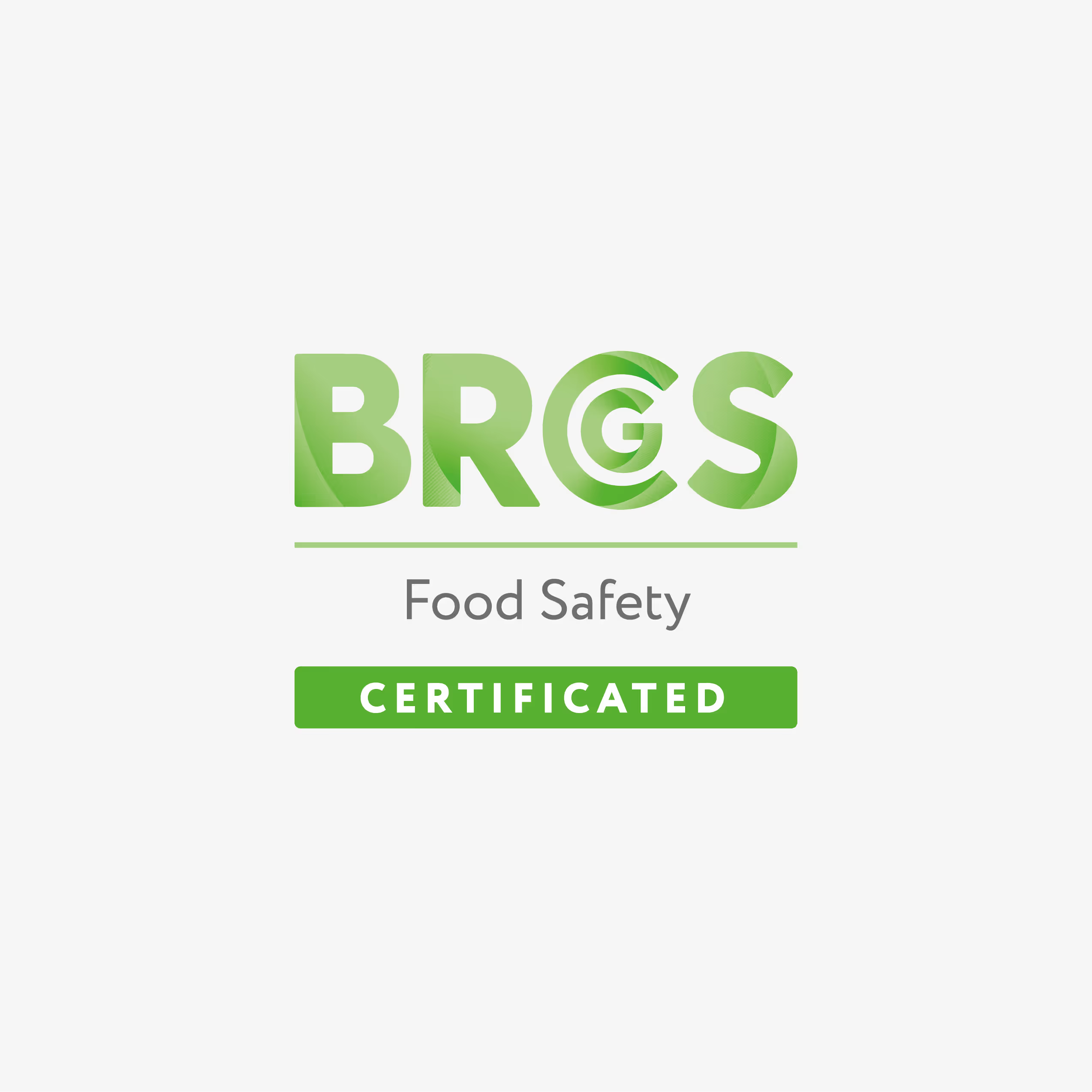
BRCGS
The BRCGS (British Retail Consortium Global Standard) is a leading certification for food safety and quality in manufacturing and packaging. It ensures that products are produced, stored, and distributed under strict hygiene, traceability, and risk management protocols. Widely recognized by retailers and suppliers worldwide, the BRC standard promotes consistency, legal compliance, and consumer protection. Companies must undergo rigorous audits to achieve certification, demonstrating their commitment to safe, high-quality products and continuous improvement across the supply chain.

GlobalG.A.P.
GlobalG.A.P. (Good Agricultural Practices) is a globally recognized certification standard for safe and sustainable agriculture, aquaculture, and horticulture. It ensures that food is produced responsibly, with strict controls on environmental impact, animal welfare, worker safety, and traceability. For seafood, GlobalG.A.P. covers the entire production process - from hatchery to harvest - promoting transparency and minimizing risk. Certified producers meet rigorous criteria through independent audits, helping retailers and consumers trust that products are ethically sourced and meet high safety and sustainability standards.
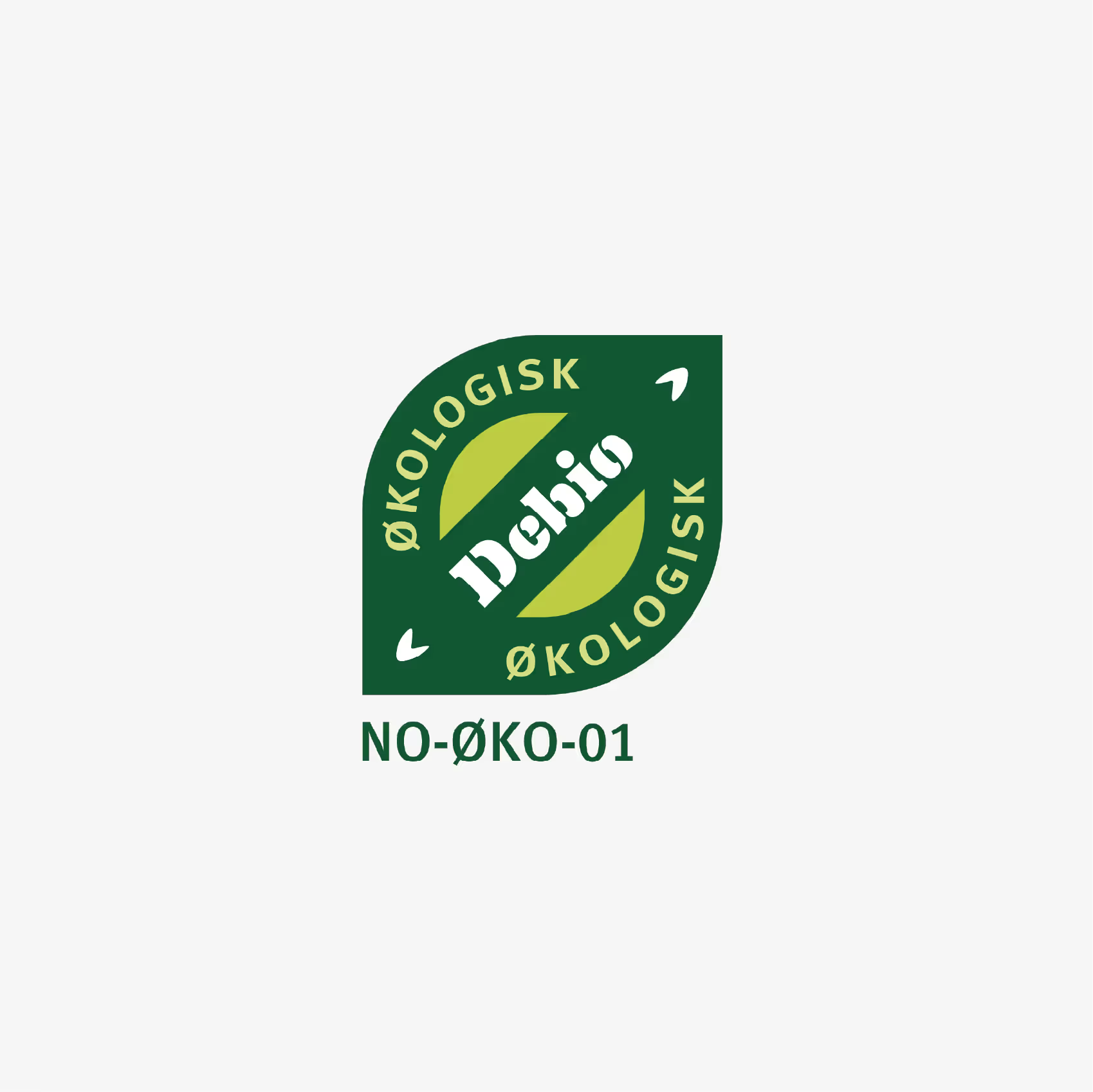
Debio
Debio certification is Norway’s official mark for organic and sustainable food production. It ensures that products meet strict environmental, animal welfare, and traceability standards. For seafood, Debio certifies organic aquaculture practices, including responsible feed, clean water, and ethical farming. The label guarantees transparency across the supply chain and supports ecological balance. Recognized nationally, Debio helps consumers identify products that align with sustainable values, reinforcing trust in producers committed to responsible and environmentally friendly operations.
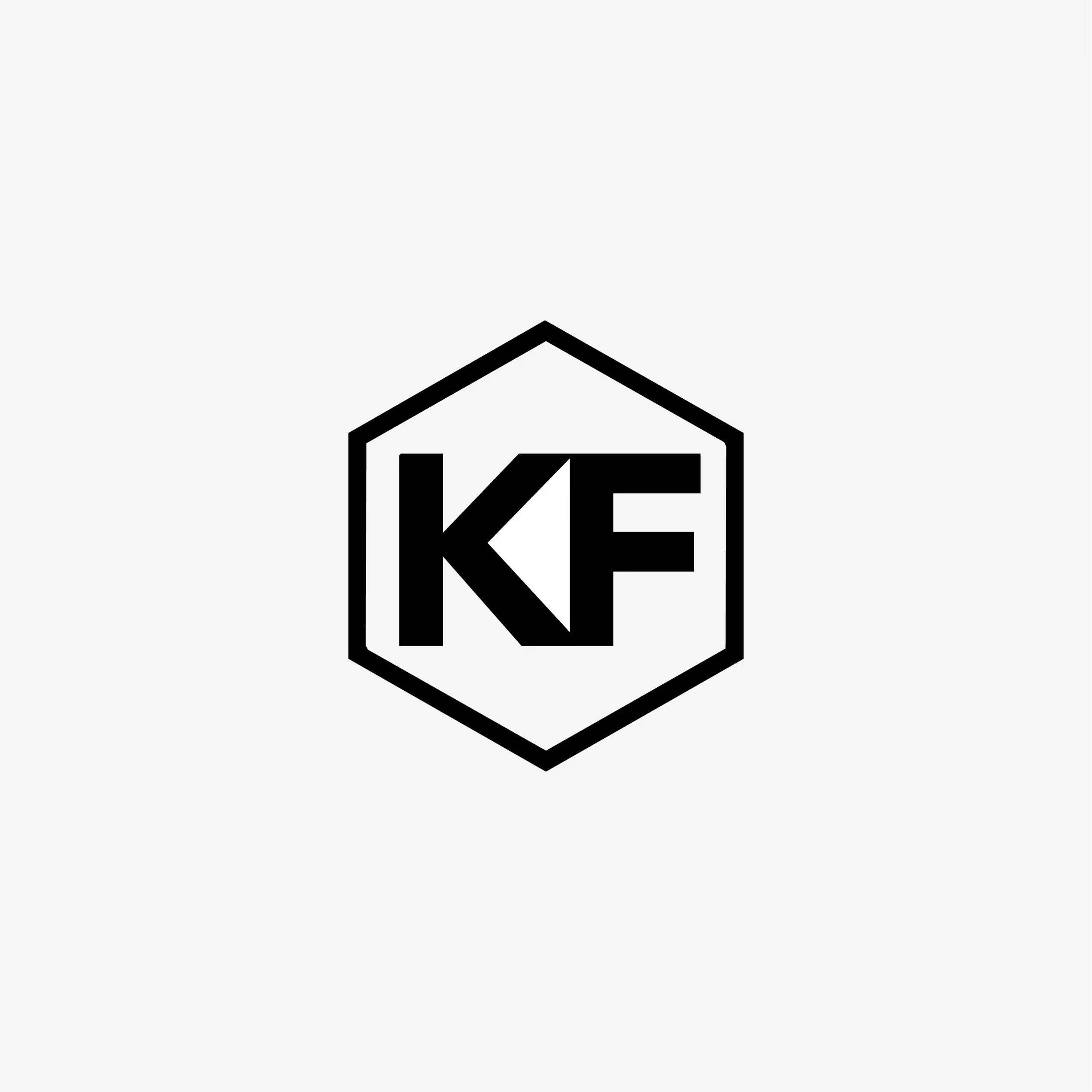
Kosher
Kosher certification ensures that food complies with Jewish dietary laws outlined in the Torah. It involves strict guidelines on ingredient sourcing, preparation, and processing, including separation of meat and dairy, use of approved animals, and supervision by a qualified rabbi or certifying agency. Facilities must meet rigorous standards, and ongoing inspections verify compliance. Kosher-certified products offer assurance of purity, traceability, and religious integrity, appealing not only to observant Jewish consumers but also to those seeking high-quality, ethically prepared food.
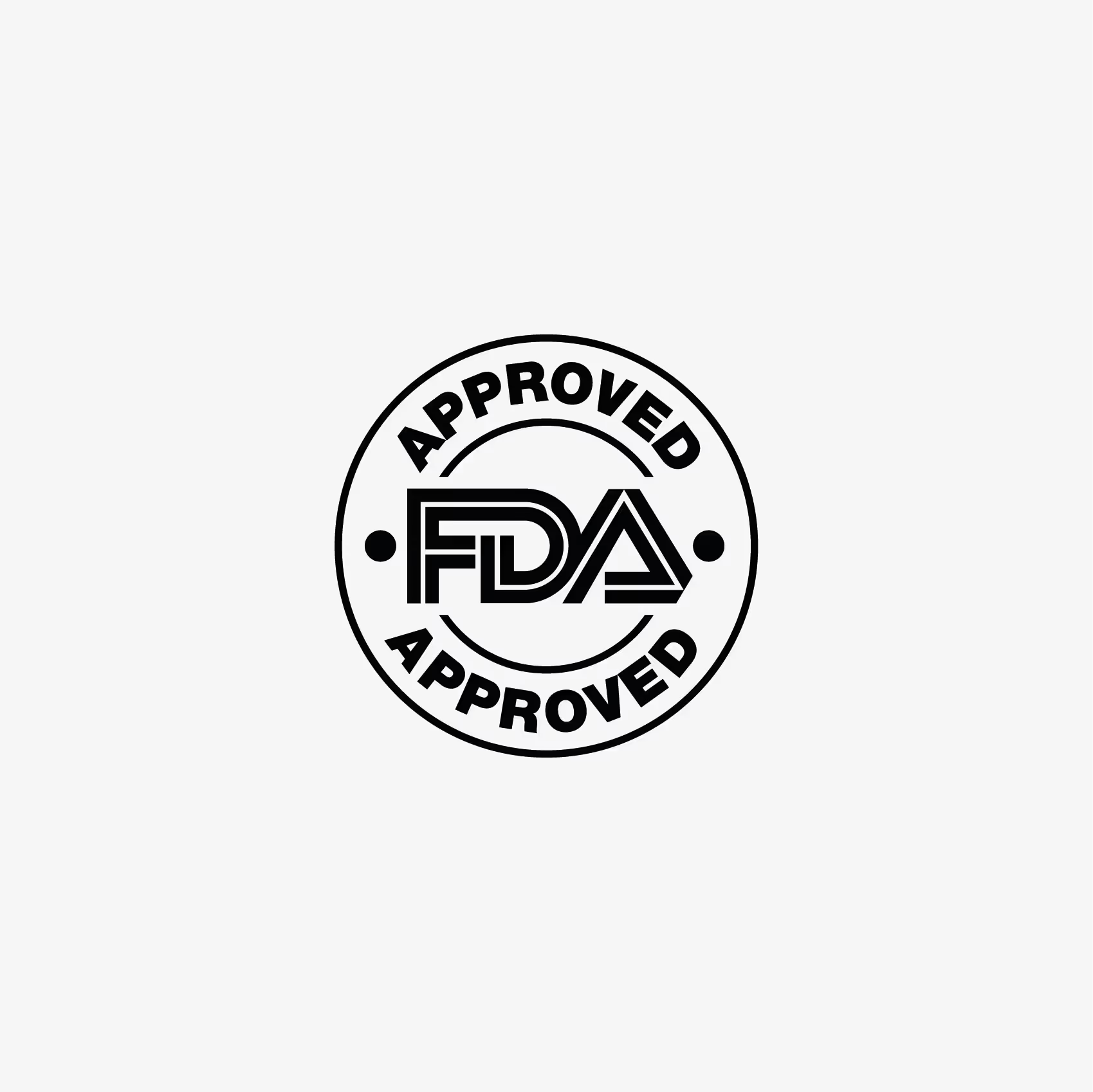
FDA approved
FDA registration for food manufacturers is a mandatory process for facilities that produce, process, pack, or store food for U.S. consumption. It ensures traceability, safety, and regulatory oversight under the Food Safety Modernization Act (FSMA). Facilities must register with the U.S. Food and Drug Administration and renew biennially. Registration enables the FDA to respond quickly to food safety issues and conduct inspections. It’s a key step in maintaining compliance, protecting public health, and gaining access to the U.S. market.
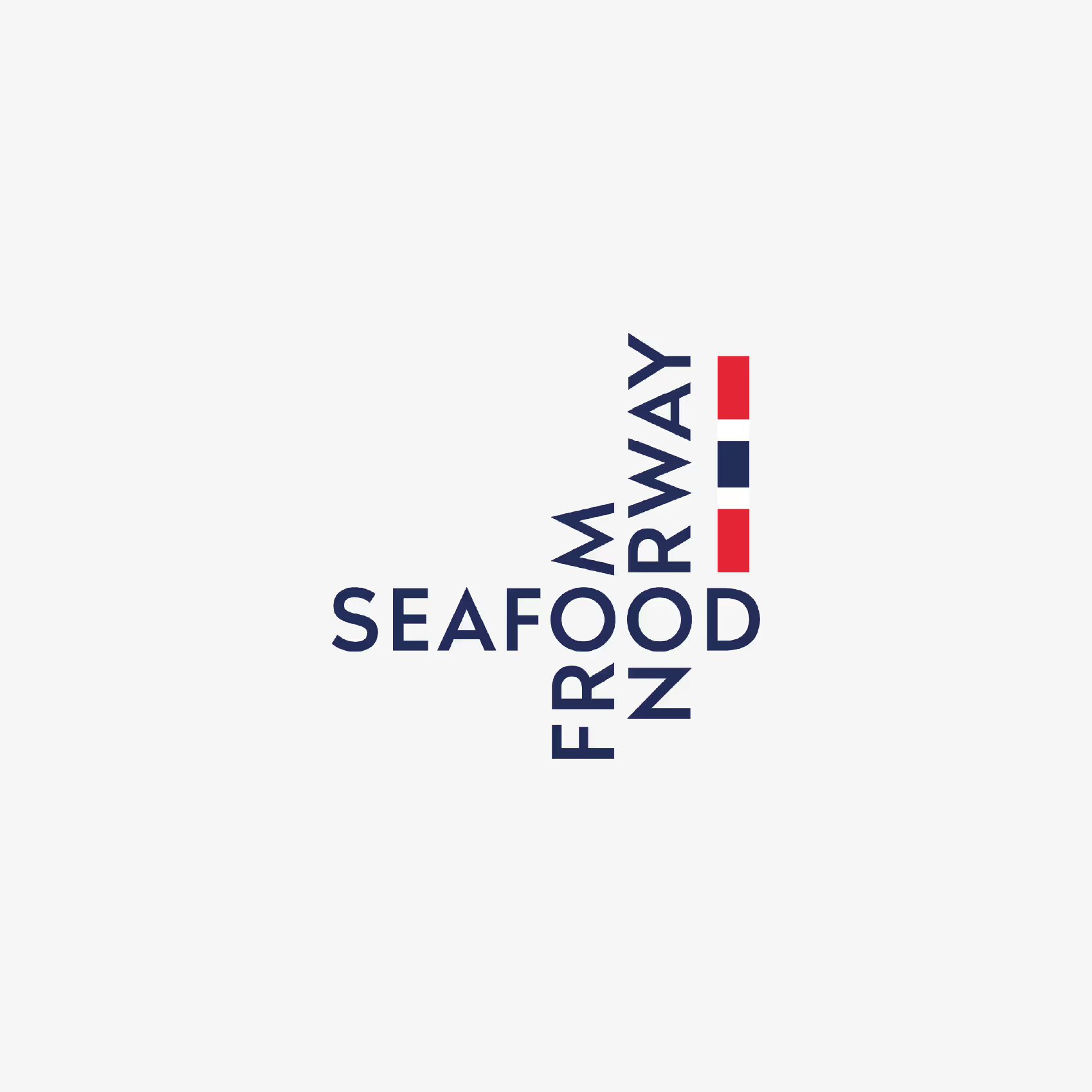
Seafood from Norway
Norwegian regulation for seafood production and processing is among the world’s strictest, ensuring sustainability, food safety, and traceability. Governed by the Aquaculture Act, Food Act, and Marine Resources Act, it covers licensing, environmental impact, hygiene, and animal welfare. The Norwegian Food Safety Authority and Directorate of Fisheries oversee compliance through inspections and reporting. Producers must meet rigorous standards for disease control, waste management, and product quality. This framework supports responsible growth while protecting marine ecosystems and consumer trust.
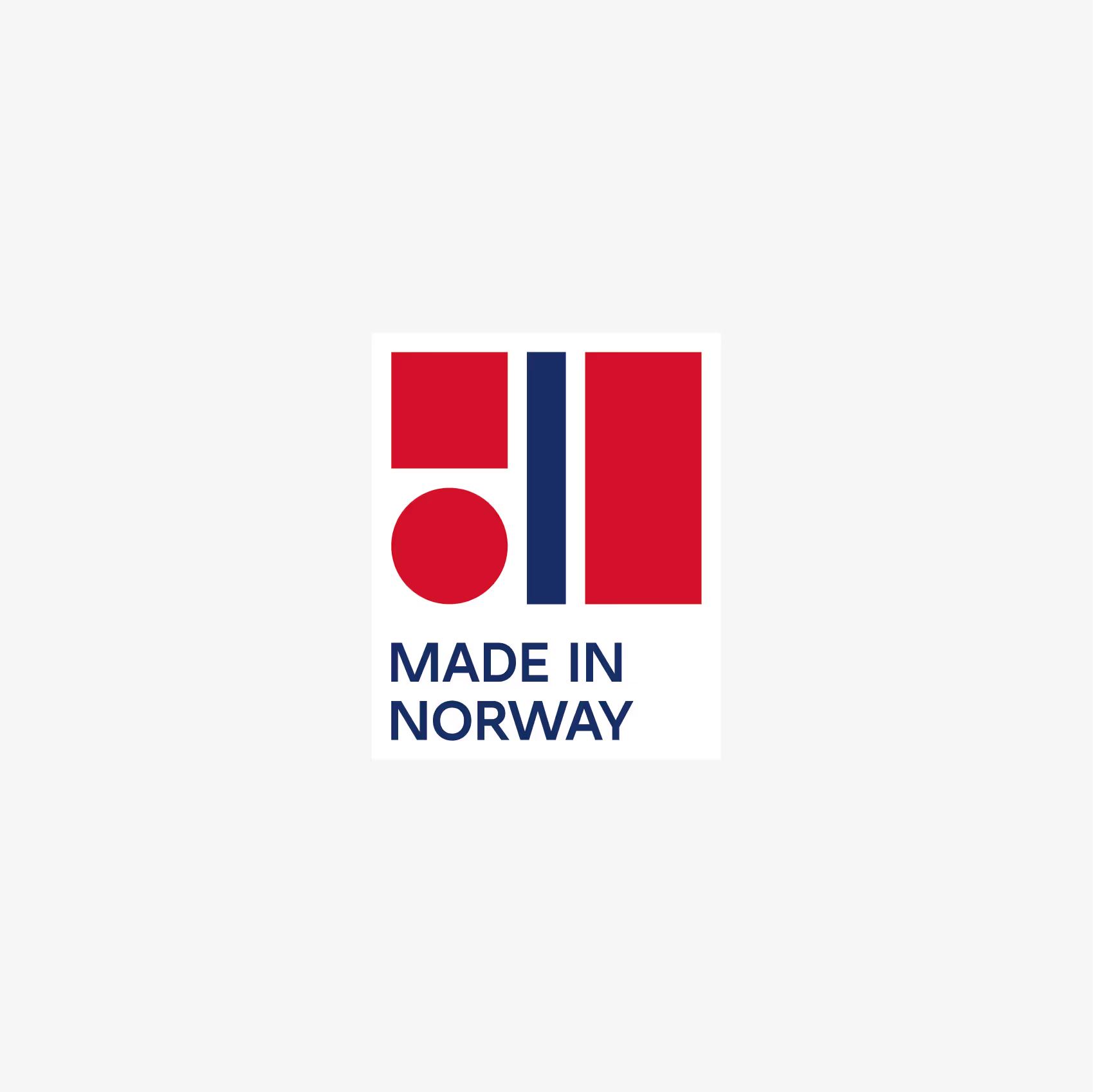
Made in Norway
The Made in Norway standard is a protected origin label for products authentically produced in Norway, including natural goods like wool, timber, and seafood that a significant portion of the product is created domestically and meets strict criteria for sustainability, ethical business practices, and contribution to UN Sustainable Development Goals. Companies must conduct risk assessments and uphold environmental integrity. The label signals quality, responsibility, and Norwegian heritage in global markets.




